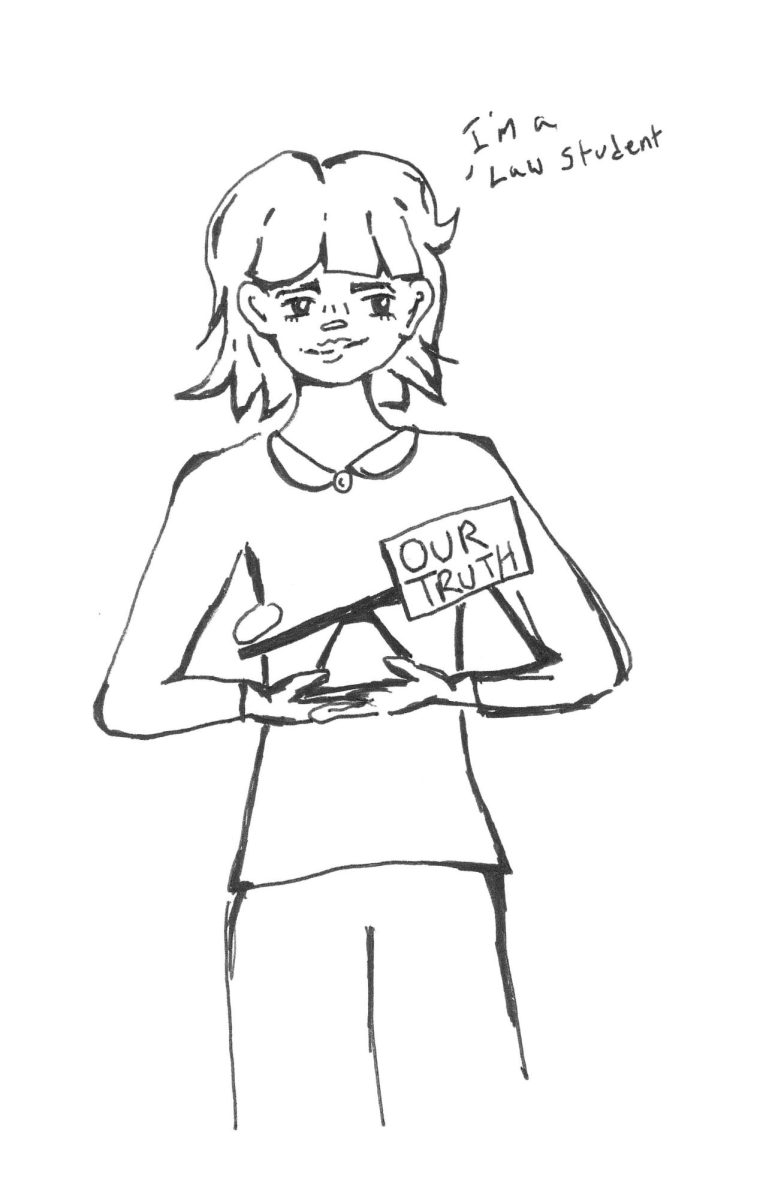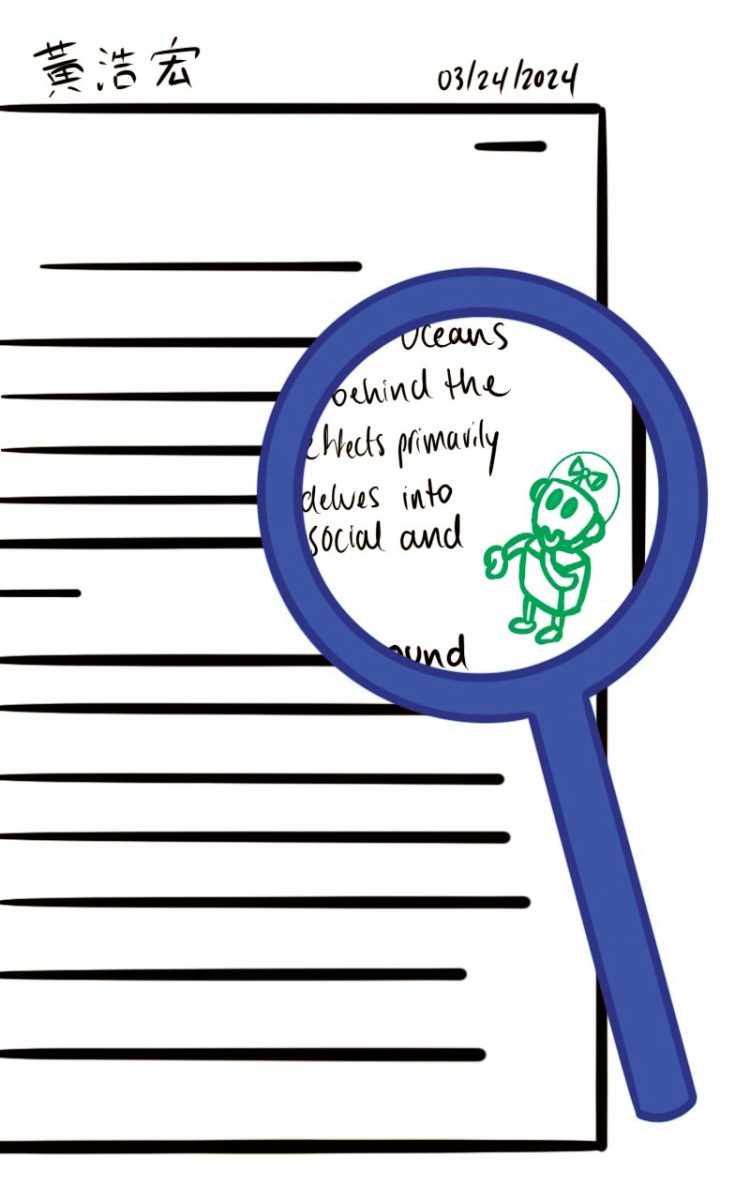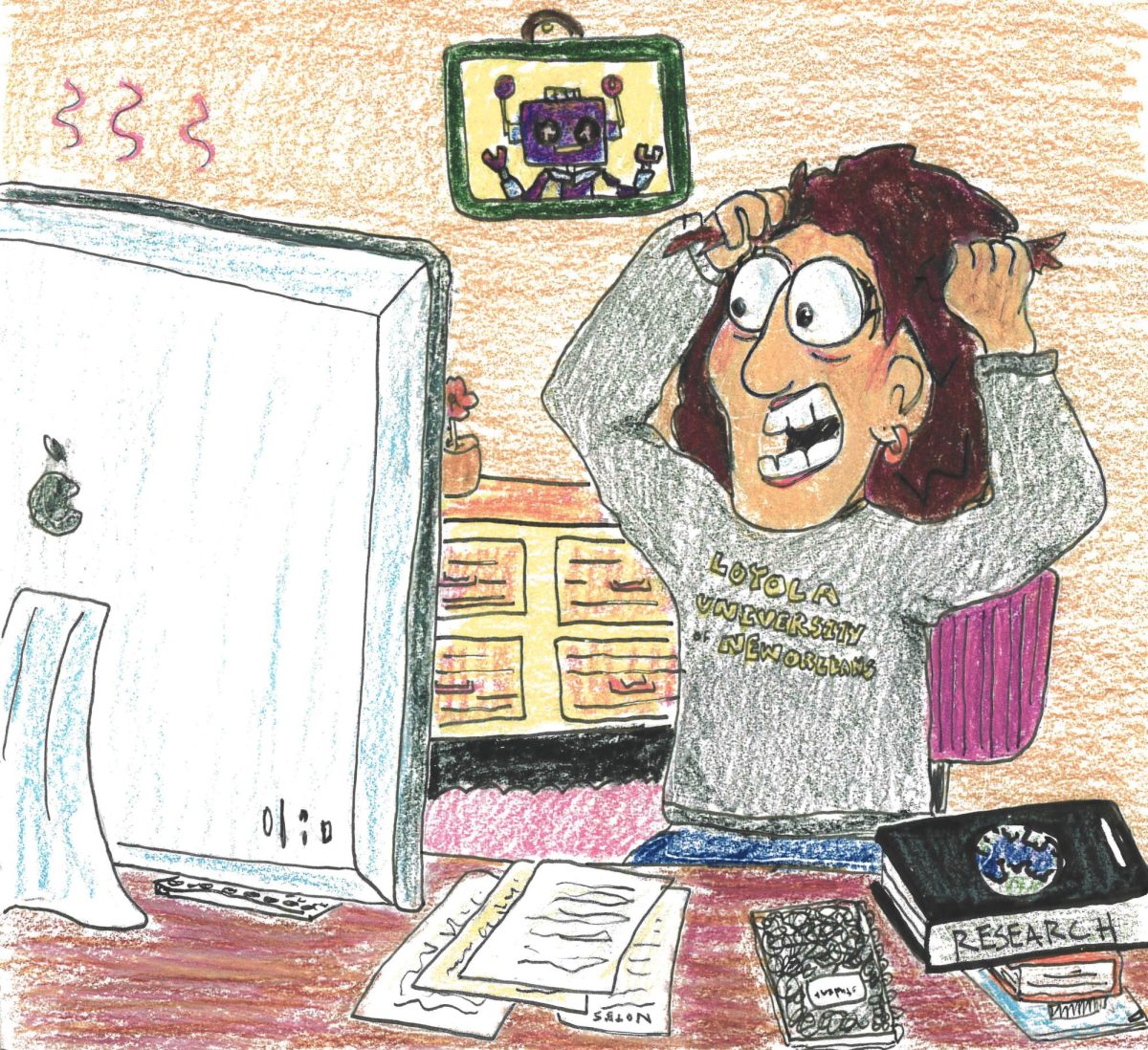The other day, my friend and I were daring each other to do unusual things in crowded areas-run across table tops, stand in a trashcan for five minutes, hug a stranger and give them a compliment, etc.
I noticed that not only did people take little notice to what was going on, but they didn’t even stop to ask questions. Besides the one person that stopped to inquire if I had too much coffee, most people continued what they were doing.
I was shocked. It was a completely different experience than I had played it out to be in my head: one that had really pumped me up to commit some more tomfoolery.
But as the day went on, the experience plagued me. I kept wanting to do more things that countered the norms of the everyday, yet I couldn’t.
In my mind there was a little Kevin punishing the very idea of doing these things to such a degree that I couldn’t even think of unordinary things to do.
I realized that this little Kevin is responsible for all of my internal criticisms. He blabbers incessantly, but his voice comes through a loudspeaker. Everyone has one of these, reinforcing and condemning certain behaviors and thoughts of behaviors. This internal critic is the product of our upbringing and what Michel Foucault would call the panopticon.
The panopticon is named after a style of prison in which every cellmate is at all times being watched by a central tower and punished for every wrong action.
In the social world we are, and have been, constantly watched by our institutions and punished for certain “abnormal” behaviors: be it what we wear, the language we use or the actions we perform. This creates social groups and reinforces ‘correct’ social behavior.
Now, after having experienced this panoptos between friends, family and authorities, we have internalized it as a part of our everyday experience. It has become our rationale dictating the way we act.
For us-the millenials-the panopticon’s polarity does not stretch very far across individuals, at least in America. A huge device in most of our learning was television. Watching shows like “Boy Meets World”, “Even Stevens”, “Malcolm in the Middle” “Hey Arnold!” and “Buffy the Vampire Slayer”, we learned the way that us kids were supposed to act, the way that clique’s operate, what cliques exist and the anxieties of a normal life.
Internet culture has exemplified these values even more, especially in language.
It’s not just in social culture. We live in a world of superficial imitations.
There is a Starbucks in every city. There are ten identical Wal-Marts in every town. IKEA furnishes our apartments and classrooms. We can all recognize the infinite logos that live on everything we carry, wear and buy. We all have a very, very common experience.
These shows that stretched across our entire childhood, the more recent Internet and our material culture have played a large role in this homogenizing of our upbringing which is a very new phenomenon in history. When we deviate from what we’ve learned and what is expected of us, this little panoptos in our heads kicks us straight.
From formal social constructions such as crosswalks, stop signs and lines behind deli counters to more abstract imaginaries like fads, the way we use language and the linear road of life that I discussed last week, we reinforce to ourselves that there is a naturally correct way of going about the day.
This is how things operate so fluidly and without question. When we see those who deviate from the fluidity, we are overwhelmed by a disconnection, a separation between us and them because they are not demonstrating the universalized internal panoptos.
But the panoptos isn’t real. Crosswalks aren’t real. The road of life is not real. We validate these ideas by treating them as real things. Subsequently, we experience too much anxiety in life. It’s why we shutter away from that experiencial glimmer of existential bewilderment, because we have unconsciously allowed culture to create us and it is impossible for it not to.
So I dare you: do something abnormal. Stand on a bench and sing loudly. Give someone a hug. Tell them they’re beautiful. Speak your mind. Laugh at yourself. Dress like Frankenstein from “Big Daddy.” If you really feel it, stand in a trashcan. It’s like sneaking out of your window at your parent’s house- and it feels good.
Kevin O’Sullivan is a philosophy senior; he can be contacted at [email protected]


















